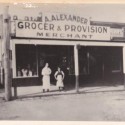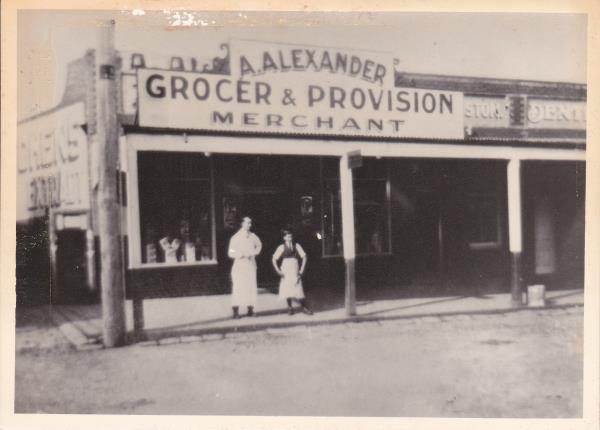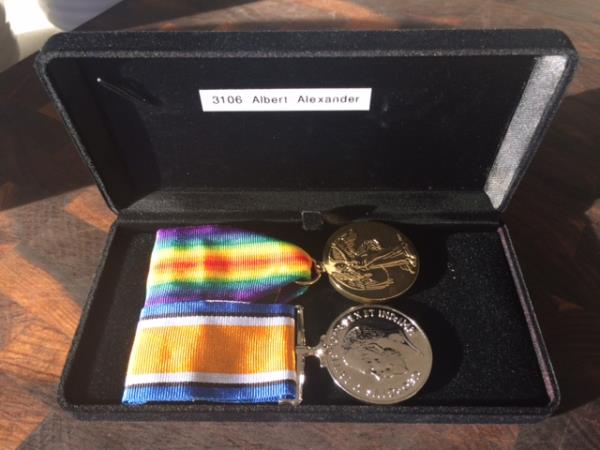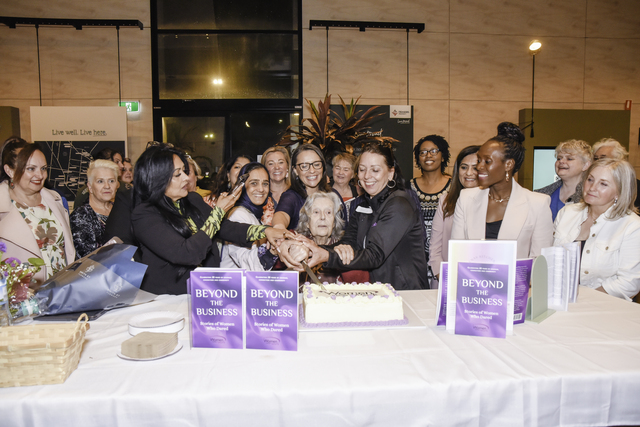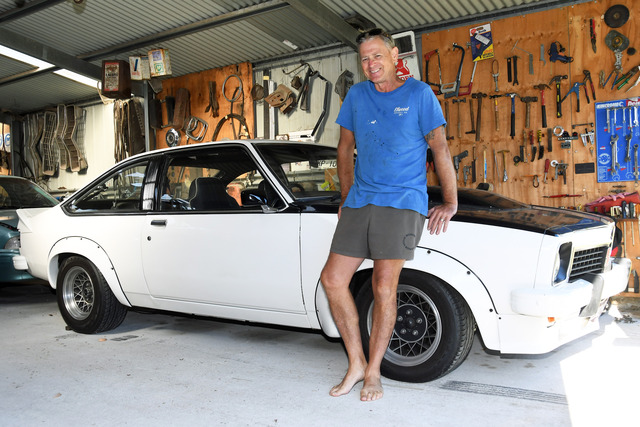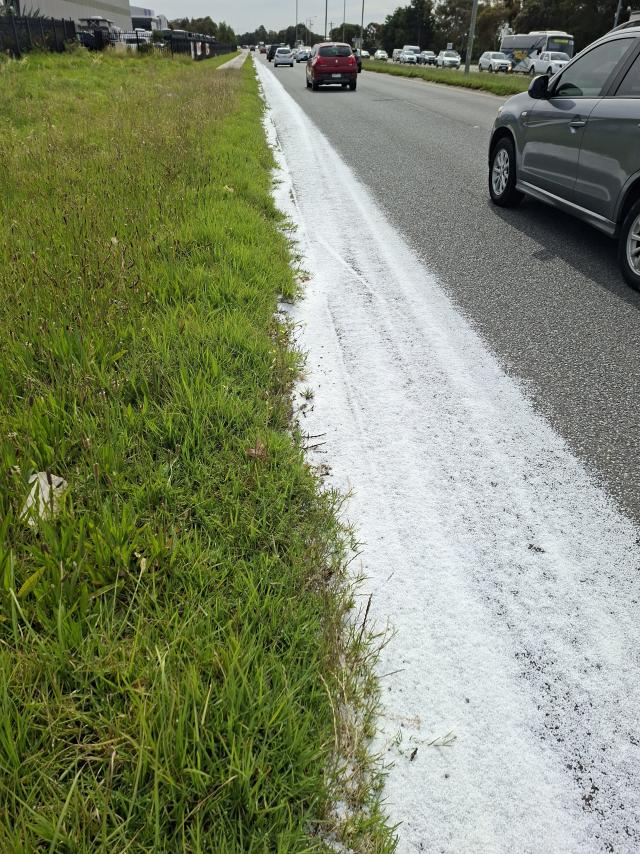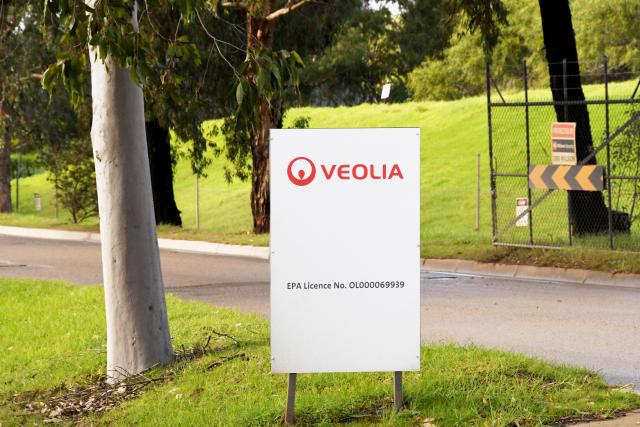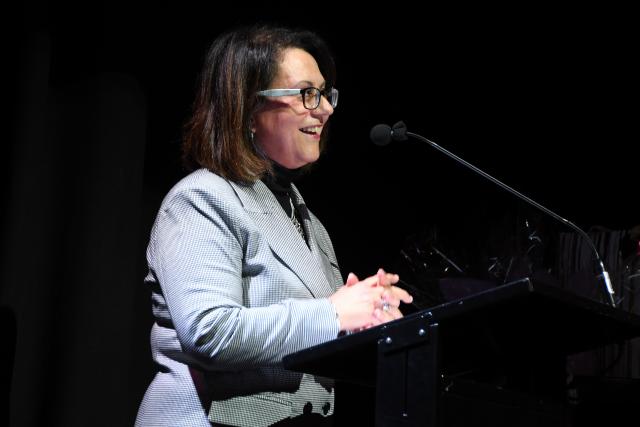
By MAREE ROWE
THE first name on the World War I honour board that hangs in Dandenong’s Drum Theatre is that of Albert Edward Alexander.
Private Alexander claimed the unlucky honour when he was killed in France during the Battle of Peronne in September 1918.
Albert Alexander was born in North Melbourne in 1891.
He was the second of 10 boys born to Albert Alexander and Elizabeth Watson.
Around 1907 the Alexander family moved to Dandenong where Albert worked as a grocer with his father.
Albert made three attempts to join the Australian Imperial Forces before he was finally accepted when he was 25.
He had to undergo an operation in order to meet the entrace criteria.
He signed up on 24 November 1916 and assigned to the 59th Battalion.
His daily rate of pay was five shillings (which is about 50c per day).
On 16 December he sailed off to war.
Once in Europe Private Alexander was sent to the French town of Pozieres on the Western Front.
He was stationed at Windmill Hill.
Looking from the windmill ruins back to the village and to the right towards Mouquet Farm, about 1.8 kilometres away, the eye takes in a sweep of countryside which, in the words of official historian Charles Bean “was more densely sown with Australian sacrifice than any other spot on earth“.
After two and a half months Albert’s health was suffering from the appalling conditions and he was in and out of field hospital and was eventually sent back to England to convalse.
By the 15 October 1917 Albert was back in France and rejoined his original 59th Battalion.
He fought in the Second Battle of Villers-Bretonneux, as well as at Flanders, Ypres, Passchendaele, Avre, Hamel, Amiens, Albert, Mont St Quentin and Perrone.
Private Alexander’s luck finally ran out when he was wounded during the Battle of Peronne.
He was taken to the 6th Field Ambulance Dressing Station with severe wounds to both legs. He died there on the 2 September 1918.
He was buried in a French military cemetery near Cappy after 20 months of heroic service.
Nine weeks later the war ended at 11am on the 11 November 1919.
Private Alexander received the standard British war medal and Victory medal which were sent home to his parents along with a memorial scroll and plaque.
His personal effects were also sent home to his parents in April 1919. They included a pouch, disc, badges, shoulder titles, one
African coin, metal watch (damaged), wallet, notebook, photos, cards and letters.
A letter from the AIF dated 6 April 1923 stated that Albert’s body was exhumed and reinterred at the Fouquescourt British Cemetery.
His grave stone reads “While he lies in silent sleep his memory we will always keep”.
– Maree Rowe is a relative of Private Alexander

